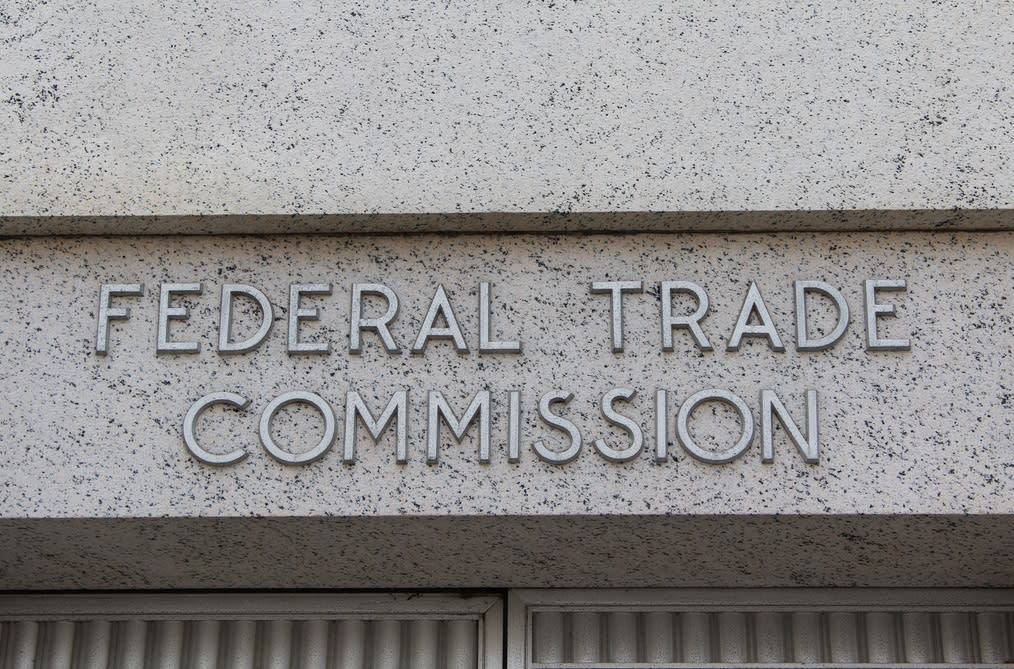FTC orders AI companies to dish on investments, partnerships and meetings

The FTC is aiming to unravel the complex and secretive corporate relationships in the top AI companies out there in a new inquiry. Orders have been sent to Alphabet, Amazon, Anthropic, Microsoft, and OpenAI that will, as Chair Lina Khan said, "shed light on whether investments and partnerships pursued by dominant companies risk distorting innovation and undermining fair competition."
No wrongdoing is alleged at this stage. But it is just a little suspicious when companies already under investigation for antitrust practices, or who have been fined or settled regarding them, are apparently working to lock down the next big technology for their own use.
That's apparent in the division between Anthropic (backed by Google and Amazon at billion-dollar levels) and OpenAI (backed by Microsoft at billion-dollar levels). What are these companies but a proxy for the ambitions of the extant tech superpowers?
Or at least, so it appears to the layperson, and to the FTC, which has learned to detect the early stages of market power in development.
"History shows that new technologies can create new markets and healthy competition. As companies race to develop and monetize AI, we must guard against tactics that foreclose this opportunity," Khan continued in her statement.
The orders sent to the companies listed above compel them to share:
Partnerships, investments, and the "strategic rationale" for them.
Whether these partnerships have "practical implications" such as when or how new products are released.
What they talk about at meetings.
Any analysis they have conducted about competitive impact of these transactions on competition, market share, etc.
How the partnerships shape competition for AI-specific resources (such as compute power, presumably).
Anything provided to other government entities (foreign or domestic) regarding these things.
No doubt this will be derided by the companies in question as a fishing expedition into totally benign business relationships. After all, why shouldn't companies that have already spent billions pursuing AI spend a few more to prop up promising — but diametrically opposed — new challengers?
After publication, Microsoft told TechCrunch in a statement that its OpenAI deal is "promoting competition and accelerating innovation" — you may judge whether you think that is accurate. Google, for its part, took the opportunity to trash Microsoft with a passive-aggressive swipe at its strategy. Both purport to welcome the inquiry.
Incidentally, today the FTC is hosting a summit on AI and its opportunities and dangers, in the sense of markets and startups. In her opening remarks, Khan noted that training AI models "further incentivizes surveillance," which is of course the business model adopted by Google, Meta, et al. over the last decade or so, and that companies "can't use claims of innovation as cover for law-breaking."
To paraphrase a proverb, an inquiry in time saves nine down the line. Whether this leads to further action on the Commission's part is anyone's guess at this point, but the inquiry serves as notice that these companies are being watched.


